In the United States alone, there are more than 288 million gasoline-powered vehicles on the road. In the modern world, most people are comparing the benefits and disadvantages of gas engines versus the new and environmentally friendly electric batteries
However, they often ignore the fact that not all gas is created equal. It’s extremely important for all drivers to understand the difference between high and low quality gasoline, so let’s find out now.
The Gasoline Industry Is Like Any Other
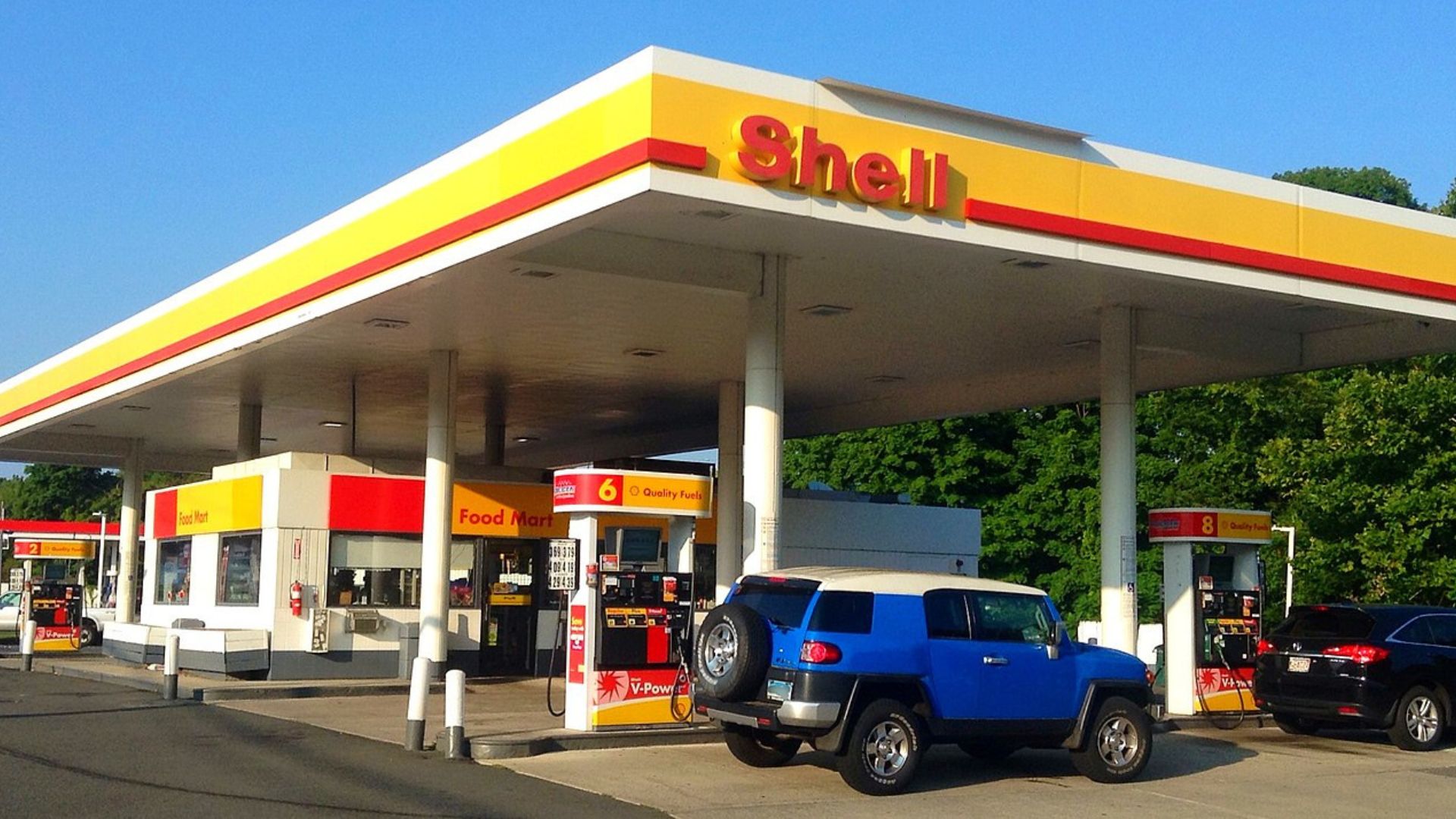
Often, when drivers think of gasoline, they assume they only have three options: Regular, plus, and premium. But that assumption is simply untrue.
Just like any other industry, including fashion, food, furniture, or cars themselves, there are both high and low quality gasoline available in each category one can purchase at a gas station.
Common Misconceptions About Gasoline
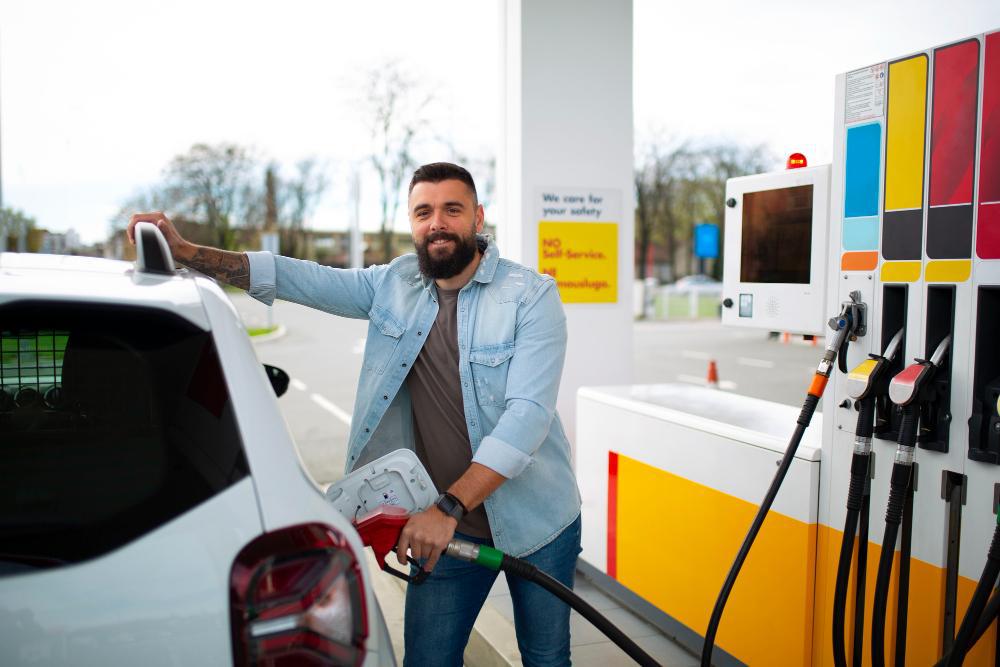
One of the most common misconceptions about gasoline is that a higher octane level automatically equals a better quality fuel.
In fact, an octane rating gives no indication of the quality of the gas; all it does is measure how well the fuel prevents engine knocking, i.e., when air and fuel mix in the cylinder outside the normal combustion chamber.
Octane Ratings Are Still Important
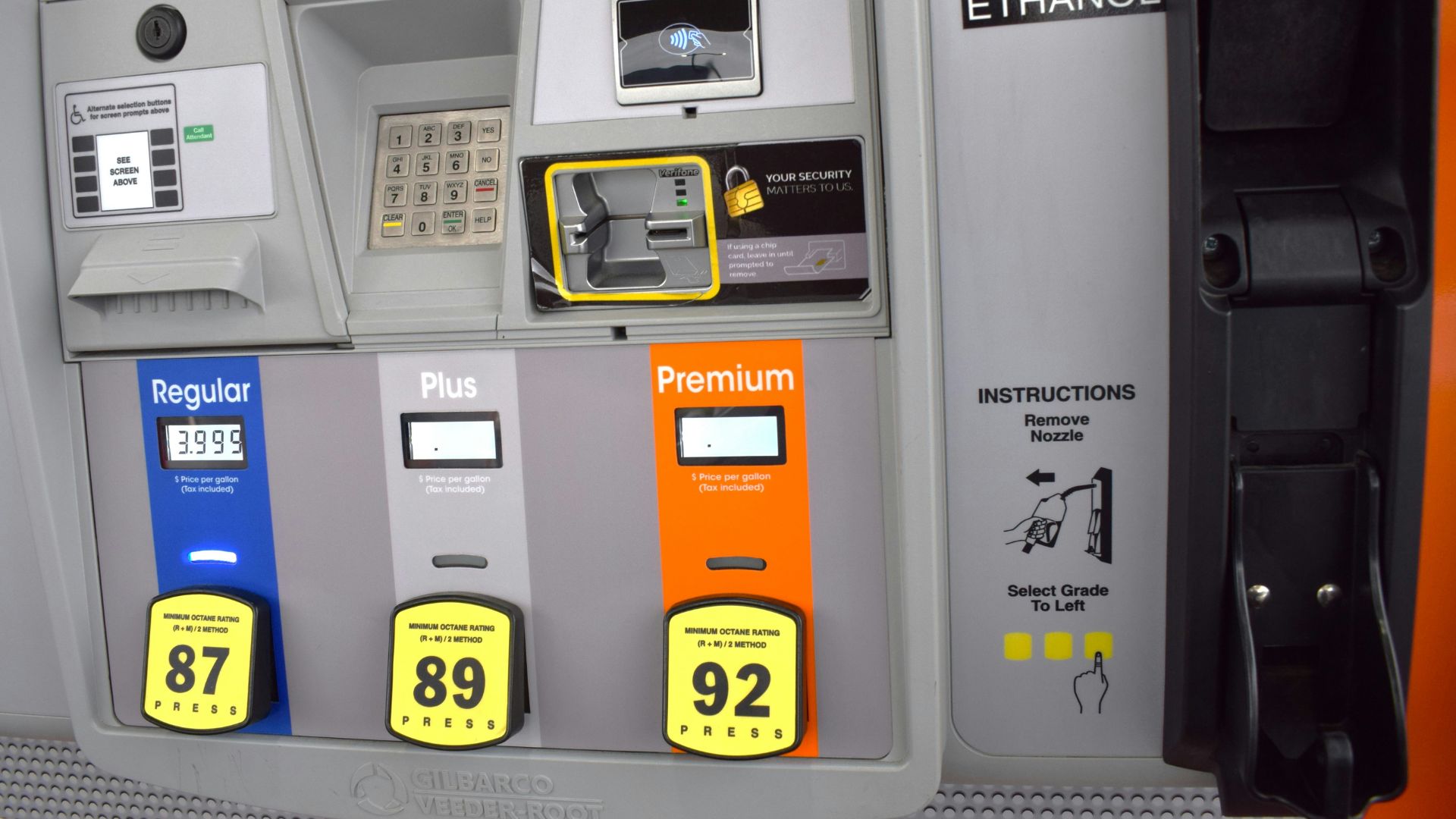
Although octane ratings do not determine the quality of the gasoline, they are still vitally important. Each vehicle has a specific octane requirement, usually 87 (regular), 89 (plus), or 93 (premium.)
It is essential that drivers know the octane rating of their car and fill it with the appropriate gasoline with the same rating from the station. But that’s not all they should be looking out for.
All Gasoline Has Fuel Additives to Maintain Vehicle Health
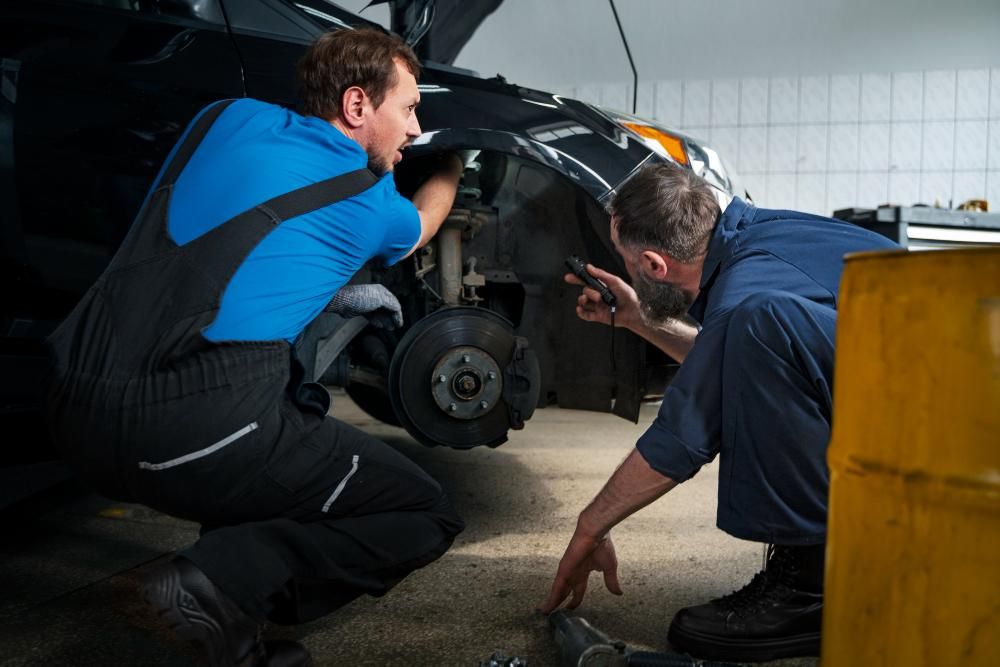
Raw gasoline would wreak havoc on all internal combustion engines in standard cars. Therefore, fuel additives are mixed into gasoline around the world to ensure cars function properly.
In the United States, the government has specific regulations in place to guarantee all gasoline sold throughout the country has the necessary fuel additives to keep drivers and their cars safe. However, many auto manufacturers argue that the government minimums aren’t nearly enough to ensure top quality gasoline.
The Creation of TOP TIER Gasoline Standard
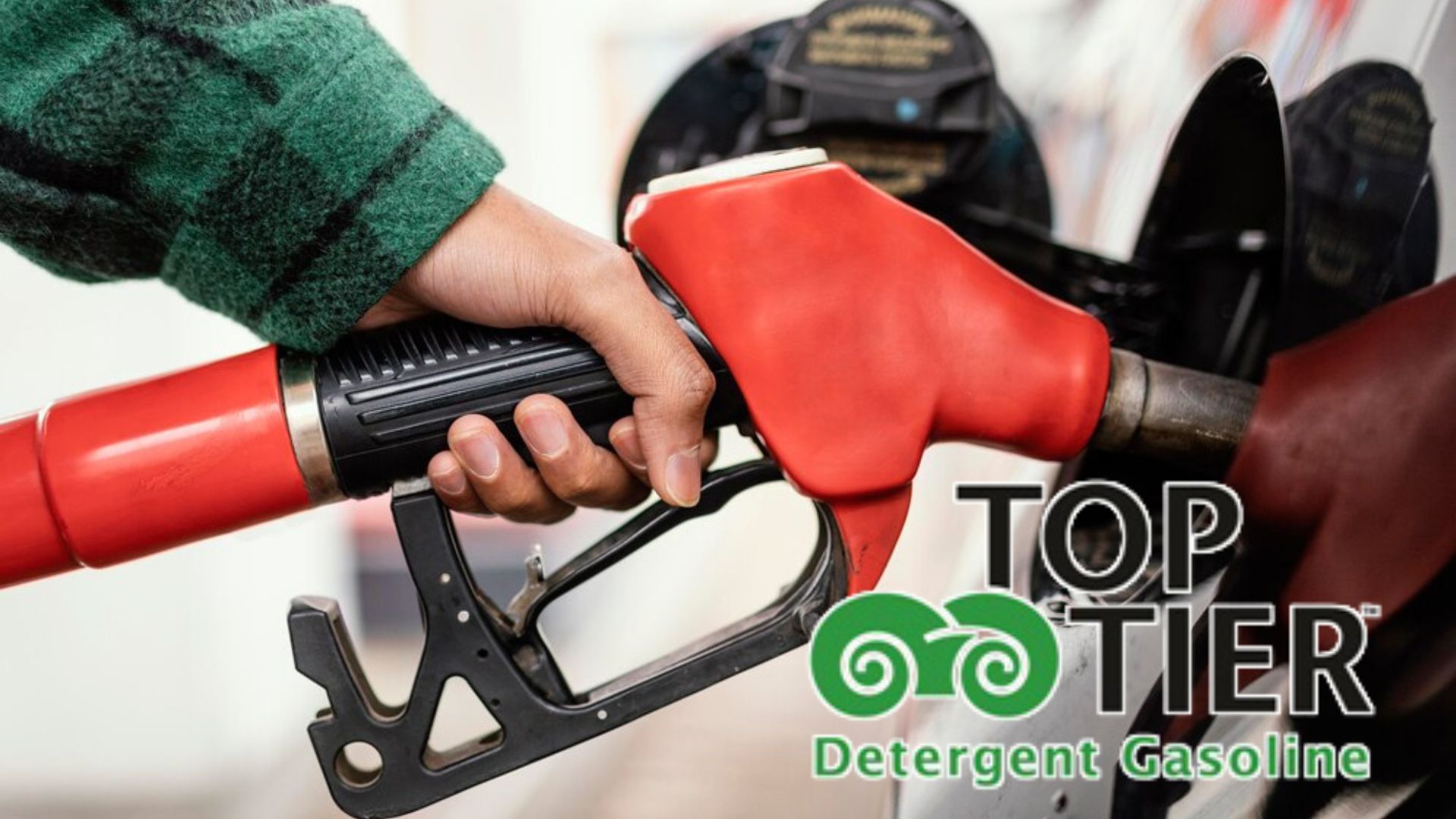
To improve the available gasoline in the US, leading automakers, including Toyota, BMW, GM, Honda, Volkswagen, and Audi, worked together to develop TOP TIER gasoline.
TOP TIER gasoline has even more fuel additives than what the US government requires. The TOP TIER gasoline standard allegedly leads to cleaner engines and enhanced efficiency, as well as optimal performance in all vehicles.
Is TOP TIER Gasoline Actually Better For Your Car?
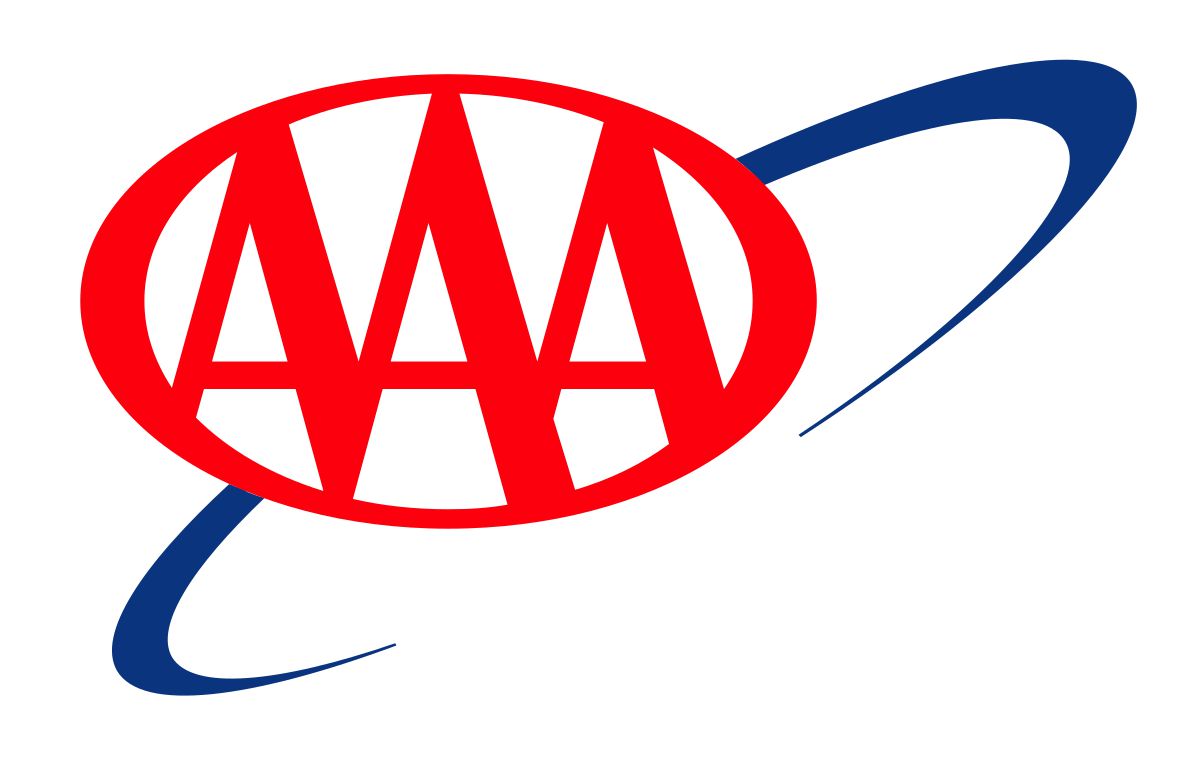
It’s important to note that there has been some controversy regarding the actual quality of TOP TIER gasoline. Some say that it is nothing more than a marketing tactic and doesn’t actually benefit cars any more than standard gasoline does.
In order to find out the truth, the American Automobile Association (AAA) conducted a thorough investigation of TOP Tier gasoline, and what they found was quite interesting.
AAA Found That TOP TIER Gas Is Definitely Better
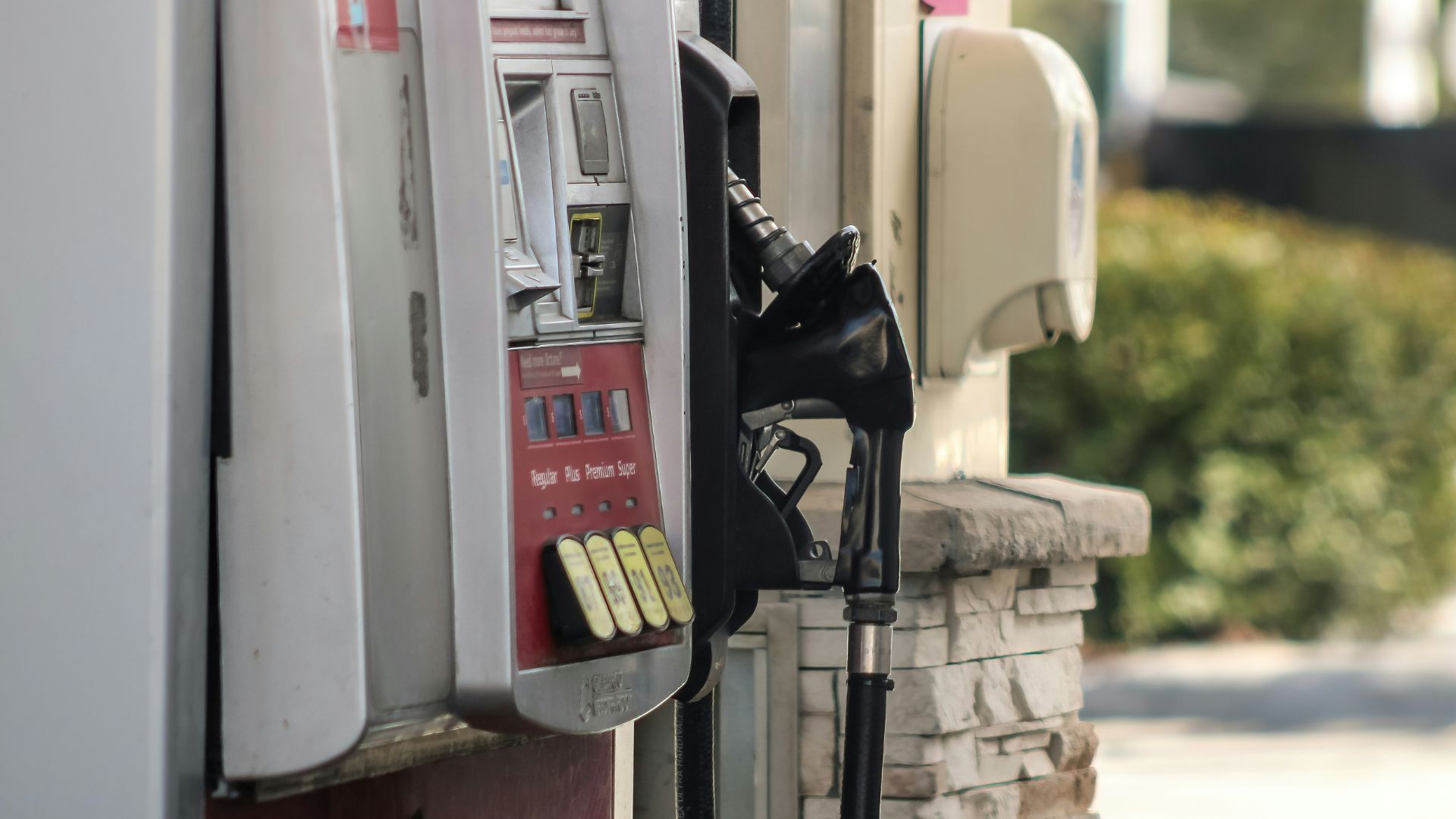
AAA reported that TOP TIER gasoline is unquestionably better for gas-powered engines than the non-TOP TIER alternatives.
The study said, “non-TOP TIER gasolines caused 19 times more engine deposits than TOP TIER brands after just 4,000 miles of simulated driving.” Essentially confirming what the auto manufacturers promised: TOP TIER gas does improve longevity and overall engine health.
Most Americans Are Not Concerned With Gas Quality
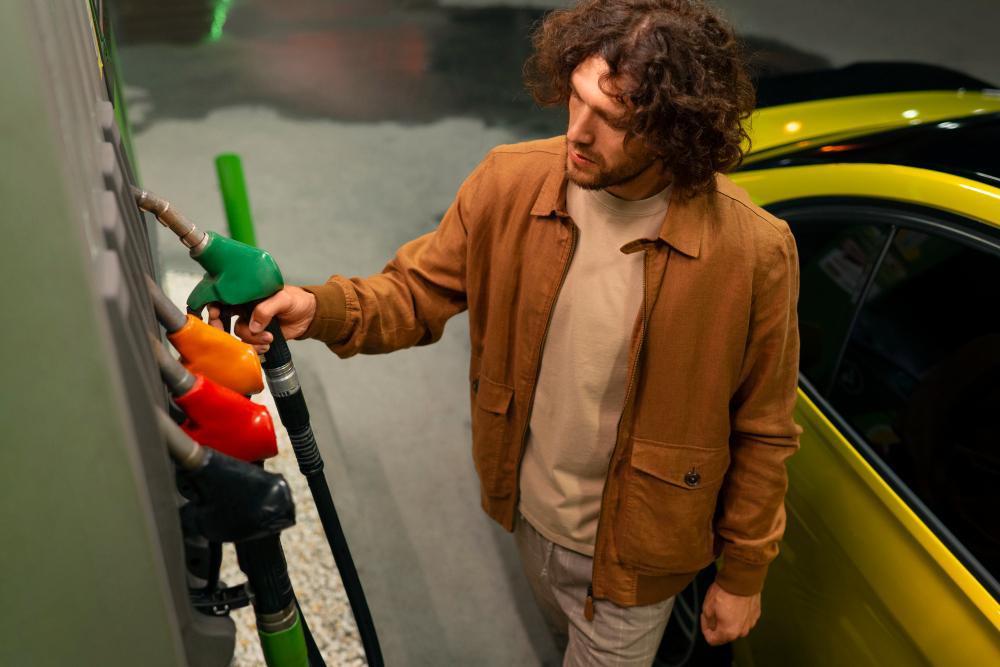
Even though TOP TIER gasoline has been readily available since 2004 and the information from the AAA study is readily available, millions of Americans report they are far more concerned with convince than quality when it comes to gasoline.
In fact, AAA reported that 75% of drivers decide where to get fuel based on either location or price. Meanwhile, only 12% of US drivers “drivers select a station based on whether its gasoline contains an enhanced detergent package.”
TOP TIER Gasoline Can Increase a Car’s Life by Several Years
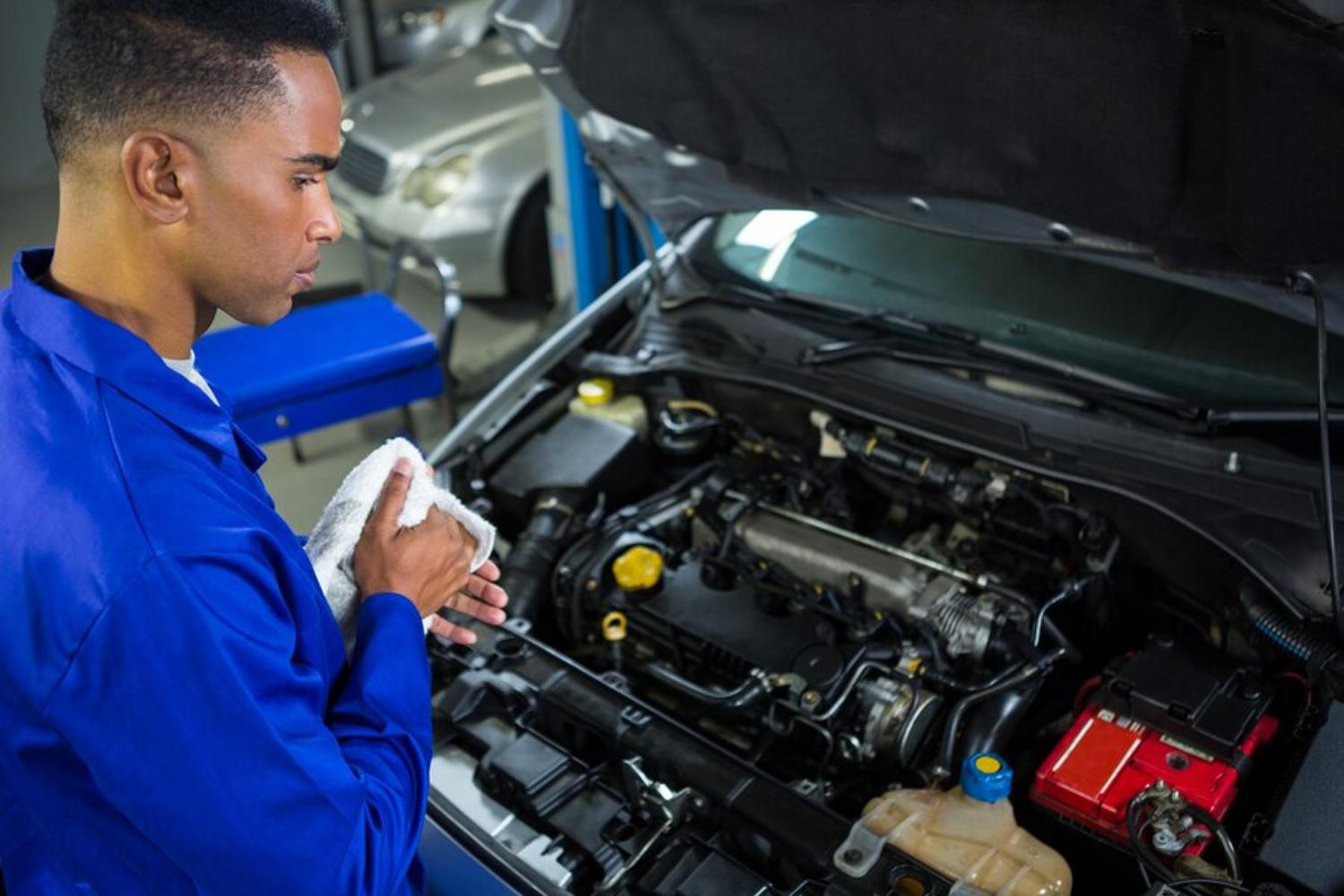
AAA recommends opting for TOP TIER gasoline whenever possible, as they say it will drastically improve the health and lifetime of any vehicle. Non-TOP TIER gasolines simply aren’t as good for your car.
Luckily, TOP TIER gasoline is widely available in the United States, drivers just have to take the time to find stations that offer it.
Where Can Americans Find TOP TIER Gasoline?
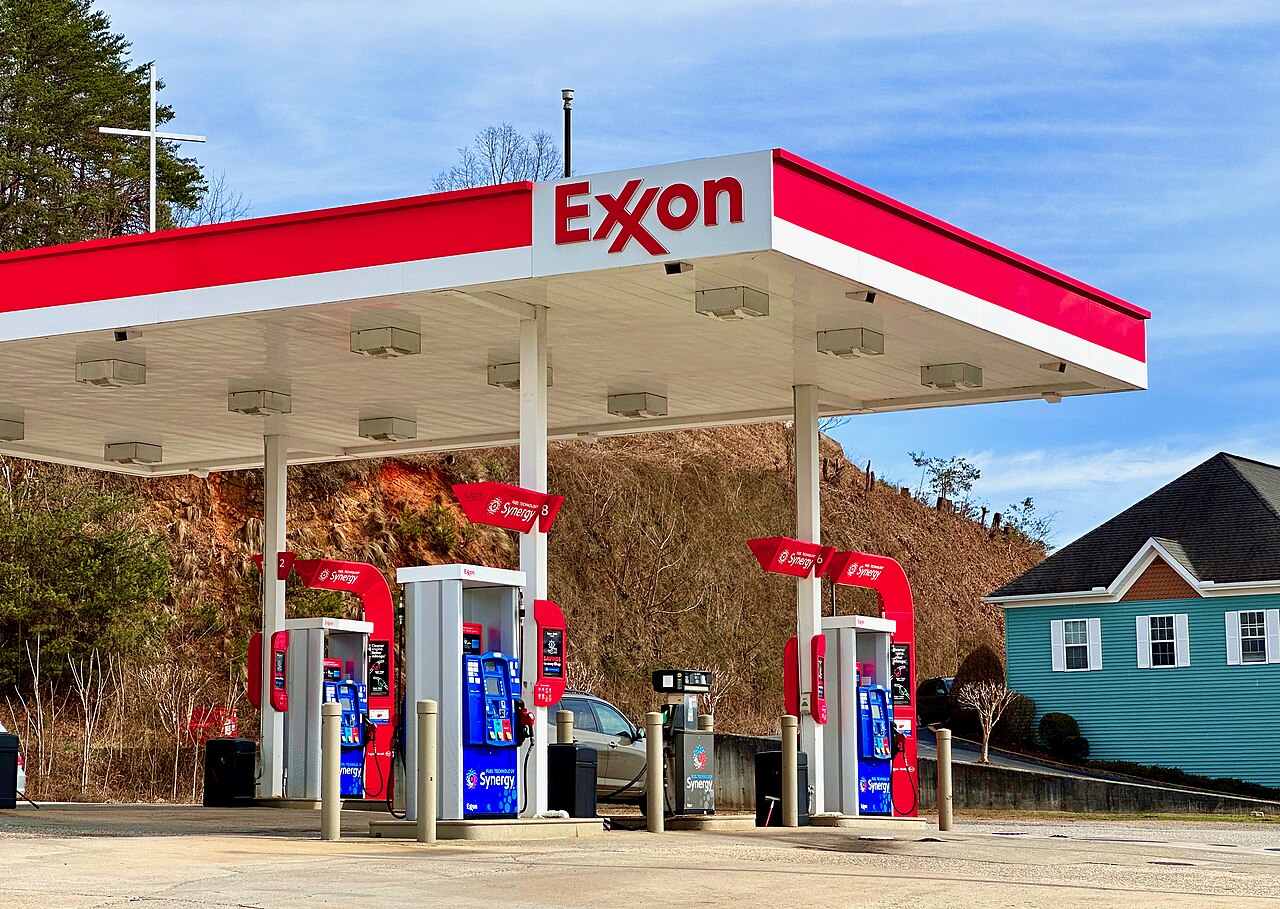
Several popular and commonly found gas stations around the nation offer TOP TIER gasoline, including Exxon, Mobil, Phillips 66, Chevron, Costco, and many more.
It’s extremely likely that your gas station, or at least one around the corner has TOP TIER as an option. And there are several websites, such as TOP TIER Station Finder, that make it incredibly simple to find the closest one.
TOP TIER Gas Is More Expensive, But It’s Worth It
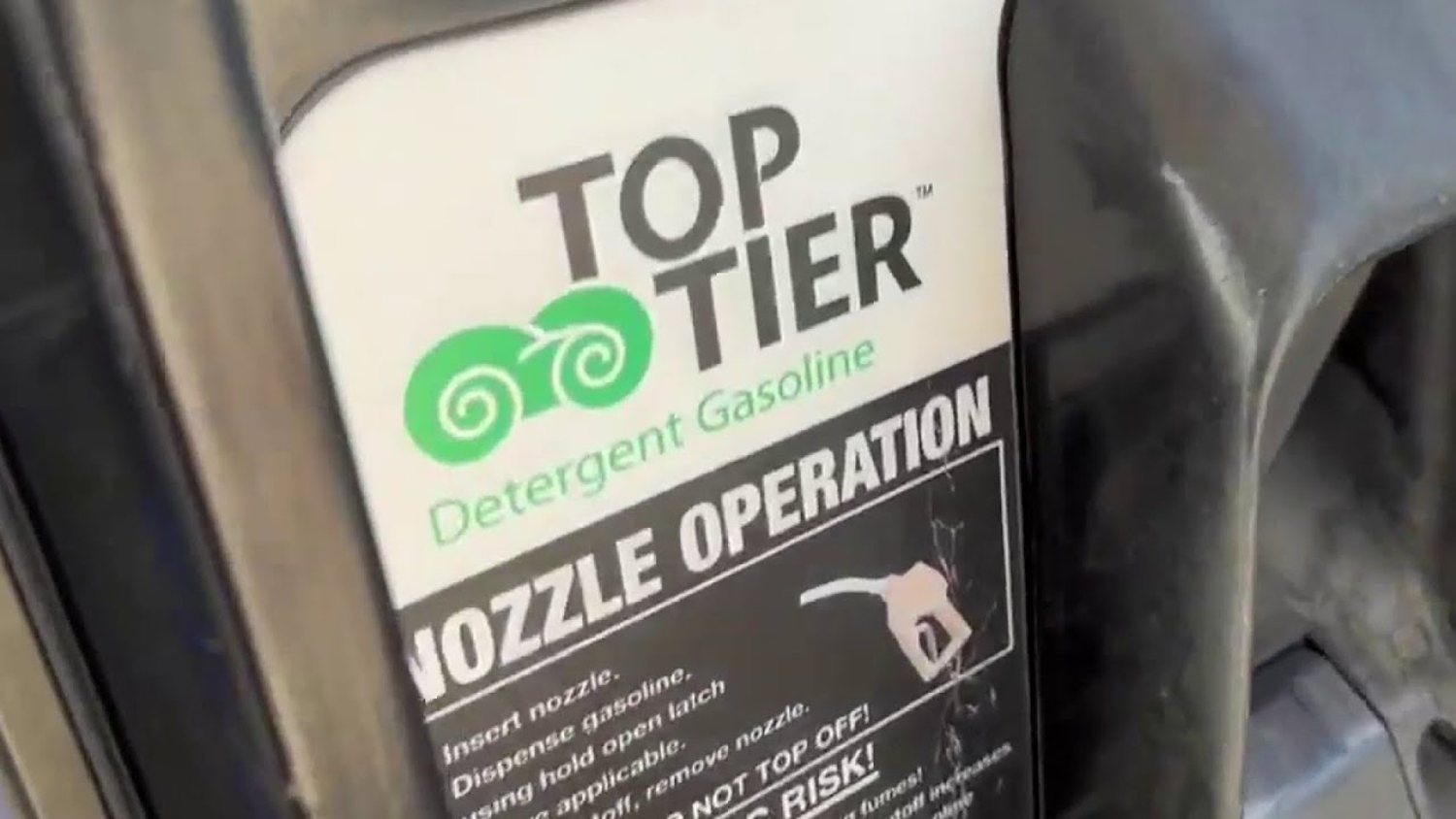
The bottom line is that, while there are technically three octane levels, there are two kinds of gas that all drivers should be aware of: TOP TIER and non-TOP TIER.
Although TOP-TIER gas is fractionally more expensive than non-TOP TIER gas, it is absolutely worth it in the long run. Your car will run better and require less maintenance over time and even elongate the life of your vehicle.








































